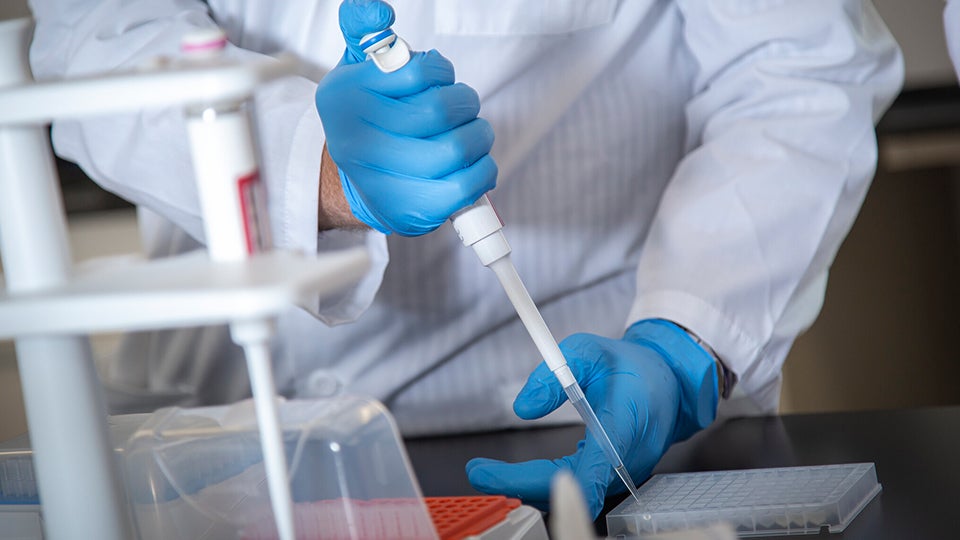Manchester University touts pharma growth
NORTH MANCHESTER, Ind. (Inside INdiana Business) — Manchester University in northern Indiana launched the country’s first pharmacogenomics program in 2016 and just five years later, the program has grown tenfold. The master’s degree program, which began with just eight students, involves the study of the influence of a person’s genetics in how they respond to medications. Dr. David Kisor, director of pharmacogenomics at Manchester, says the program has found global appeal and led to more programs being developed across the country.
In an interview with Inside INdiana Business, Kisor said the program’s early growth was the result of a key realization.
“We started with on-campus and that’s why we had a smaller number, realized that there were a number of pharmacists, physicians, nurse practitioners, physician assistants that need education also and moved the program for an online delivery also and that really increased the admissions,” said Kisor. “What it means is that there’s more people training in pharmacogenomics. So, we’re getting to this critical mass where it’ll be applied more ubiquitously in healthcare.”
Plans for the program were detailed in 2015 and just three years later, the university announced plans for a dual degree program with its Doctor of Pharmacy degree, another first of its kind.
“The reason that’s so important is that the background of pharmacists with pharmacokinetics – that’s [how] the drug is handled by the body – when you combine that with genetics, it’s very powerful,” Kisor said. “Other schools have now come on board also. There’s at least four other programs. I know there’s a fifth coming with master’s degrees. That speaks to the growth of pharmacogenomics.”
Kisor says that growth can be found in the number of clinical guidelines for pharmacogenomics, which has increased from two or three guidelines 10 years ago to nearly 30 now. He says insurance providers are also paying more for pharmacogenomics.
“It’s getting broader, but we have to keep up with it and that’s what our program does. We keep on top of it. We have members that are involved with the Clinical Pharmacogenetics Implementation Consortium; that’s the leading group with developing guidelines. So, we stay in the forefront.”
As the pharmacogenomic industry grows, Kisor says technology will play an intricate role to not only help healthcare professionals understand the genetic information, but make informed decisions.
“For instance, if there’s somebody who has a genetic variant or DNA that puts them at risk for an adverse drug reaction, that alert needs to be in the system,” he said. “I’ll say that this technology really needs to be in place from different aspects of practice settings, so from the independent pharmacy all the way to the major academic medical centers.”
Looking forward, Kisor says he aims to broaden its outreach to partners in the pharmacogenomics industry, including manufacturers and technology companies, to connect with them from an education standpoint.



